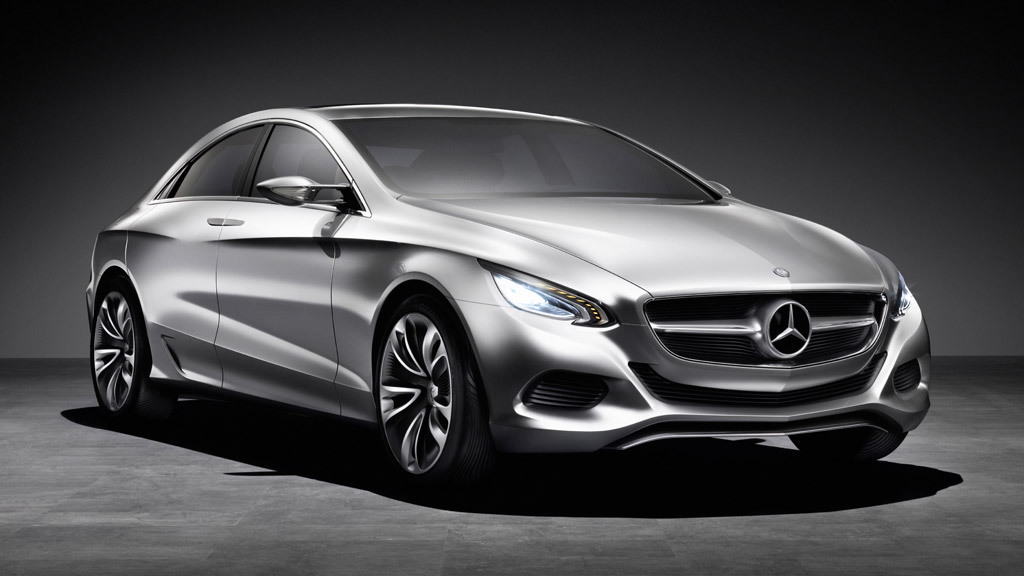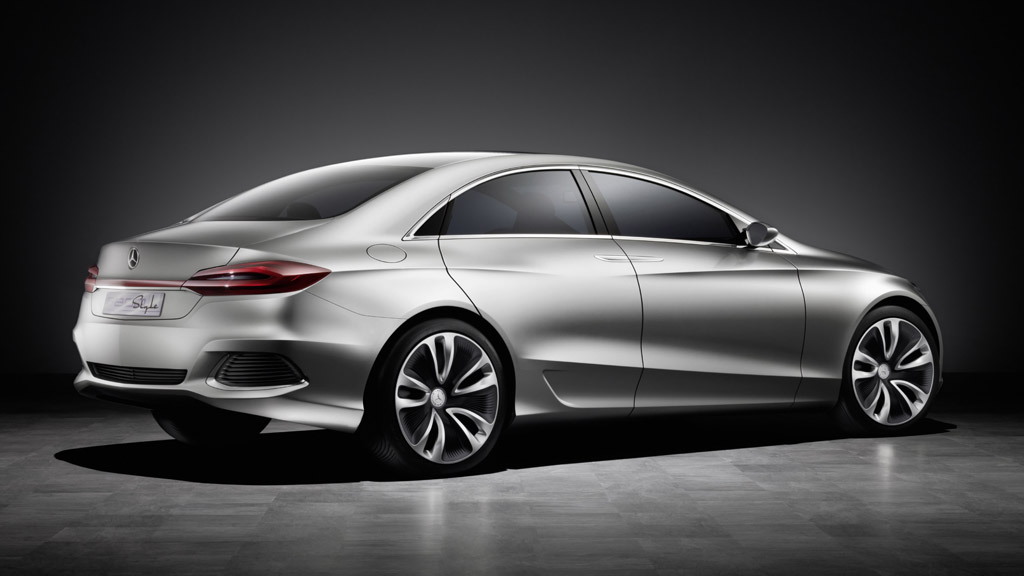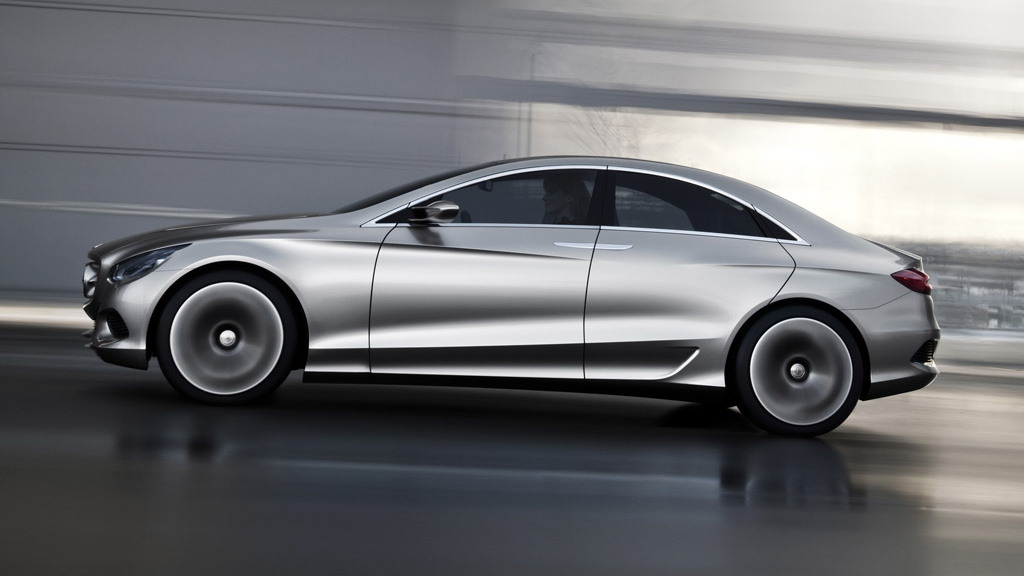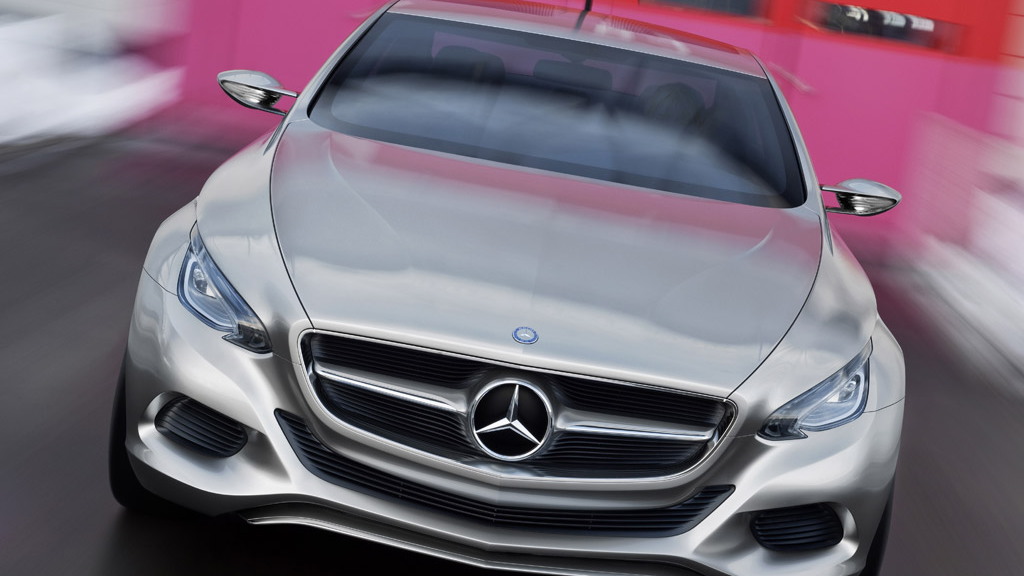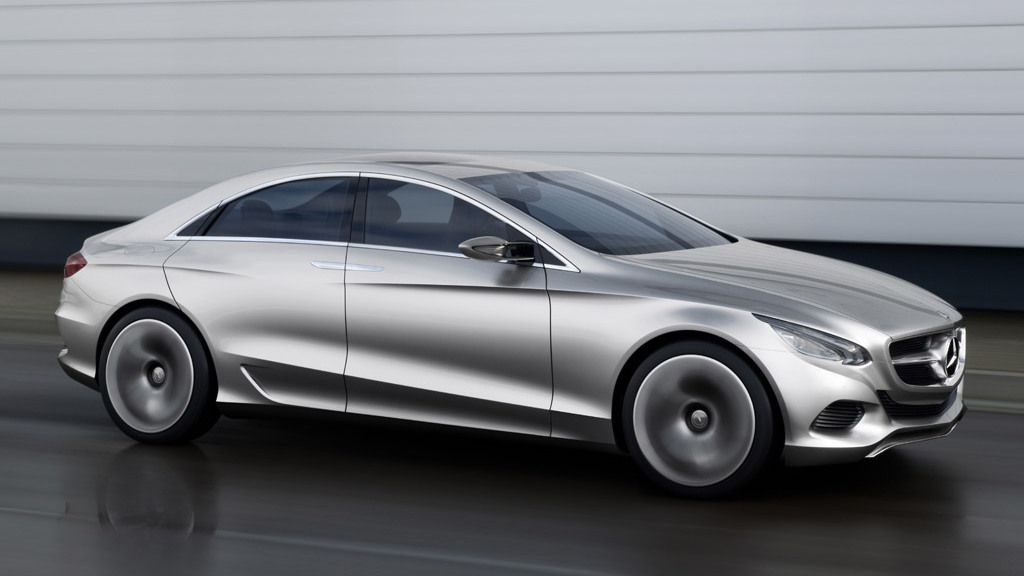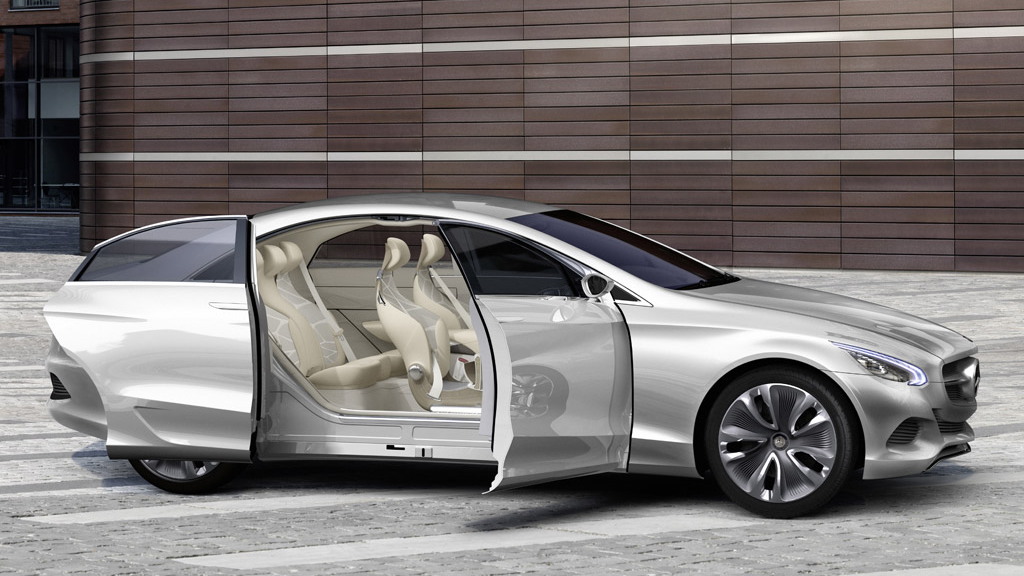Mercedes-Benz is keeping its bets open on what will be the dominant powertrain of the future by simultaneously developing competing technologies as the electrification of the car gets more widespread. Its latest F800 Style concept car that starred at last week’s 2010 Geneva Motor Show is the culmination of the automaker’s research, presenting several potential electric powertrains in a common platform.
The list includes all-electric drivetrains, range-extender plug-in hybrid technology and even hydrogen fuel cells--all of which is destined for production in some way shape or form at Mercedes-Benz.
Later this year the automaker will start trials of a fuel cell powered B-Class hatchback and for its next-generation S-Class due in 2012 Mercedes-Benz plans to add a plug-in hybrid option. Additionally, Mercedes-Benz will be using its next-generation A- and B-Class models to eventually be available with all-electric powertrains.
The key strategy is the concept of a modular platform, a flexible architecture that can accommodate a variety of powertrains including more efficient gasoline and diesel engines as well.
To fund the development of all this new technology, Mercedes-Benz will double its R&D spending by investing up to $1.4 billion per year over the next two years. Part of the reason for the high costs is also that Mercedes-Benz will be forced to manufacture much of its own components rather than rely on third party suppliers since much of the technology hasn’t been developed yet.
